In addition to Weibo, there is also WeChat
Please pay attention

WeChat public account
AutoBeta


2024-11-21 Update From: AutoBeta autobeta NAV: AutoBeta > News >
Share
AutoBeta(AutoBeta.net)11/05 Report--
After signing cooperation agreements with FAW and Guangzhou Automobile, Toyota has confirmed that hydrogen fuel cell vehicles will be formally introduced by the end of the year.
Zeng Qinghong, chairman of GAC GROUP, said in a recent research on GAC Toyota that GAC Toyota will introduce Toyota's most advanced hydrogen energy vehicles for demonstration operation by the end of this year, and Nansha will build China's first 70 MPA hydrogen filling station. GAC GROUP will also cooperate fully with Toyota in hydrogen energy.
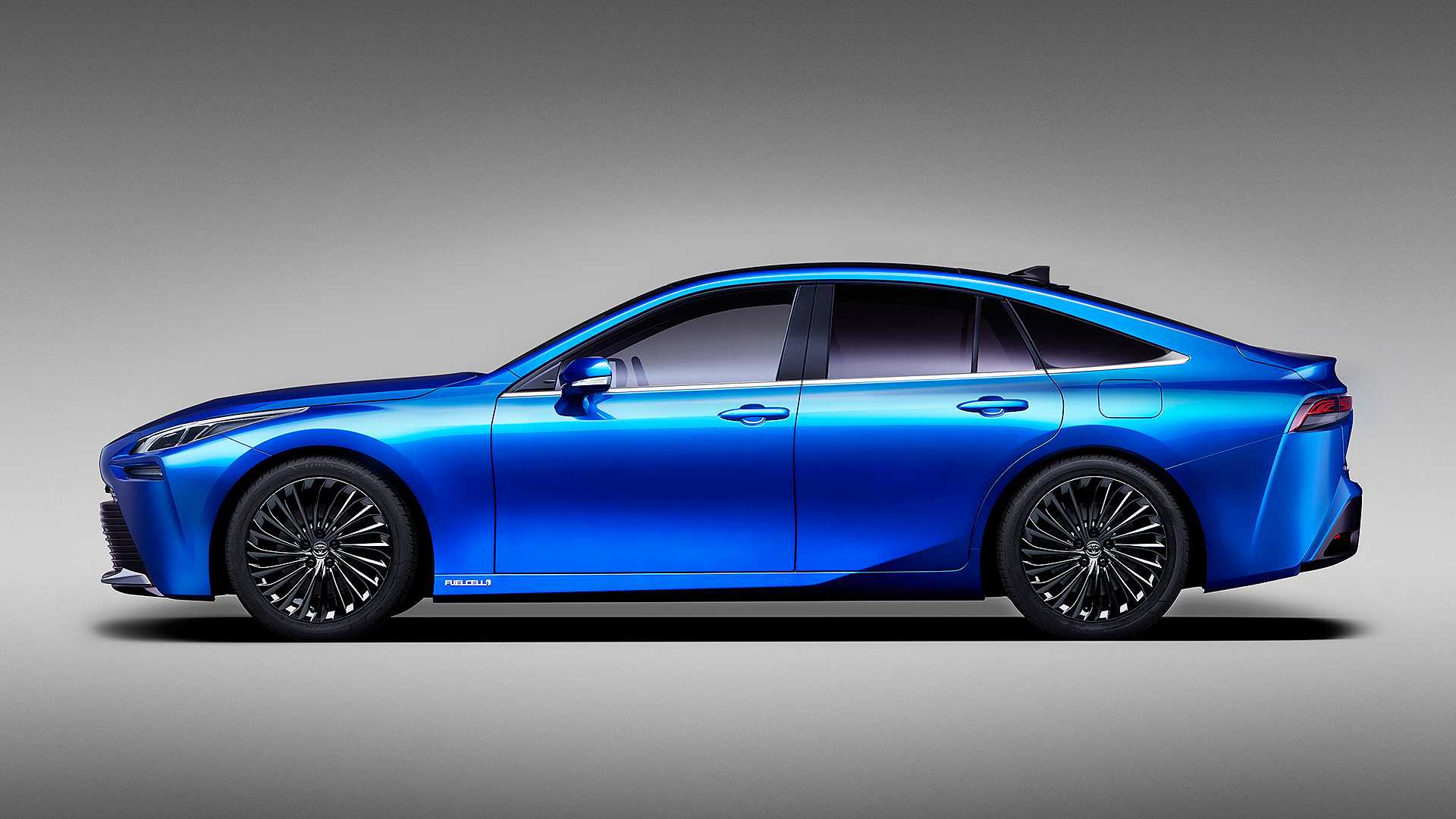
Hydrogen fuel cell technology is another new energy technology announced after Toyota opened up THS hybrid technology and reached cooperation with domestic car companies, which further speeds up Toyota's new energy distribution and technical cooperation in the Chinese market.
In September this year, Toyota successively reached strategic cooperation with Guangzhou Automobile and FAW to comprehensively promote new energy vehicles and energy-efficient vehicle products, including hydrogen fuel cell vehicles. In the announcement of deepening the strategic cooperation framework agreement issued on September 26th, GAC GROUP showed that he had reached comprehensive technical cooperation with Toyota, including installing FC (fuel cell) technology on the models of GAC and GAC Toyota, expanding the scope of HEV (hybrid electric vehicle) cooperation, promoting the development of EV (electric vehicle) models, jointly researching and improving the basic technology of electric vehicles, and continuously reducing the cost of core components.
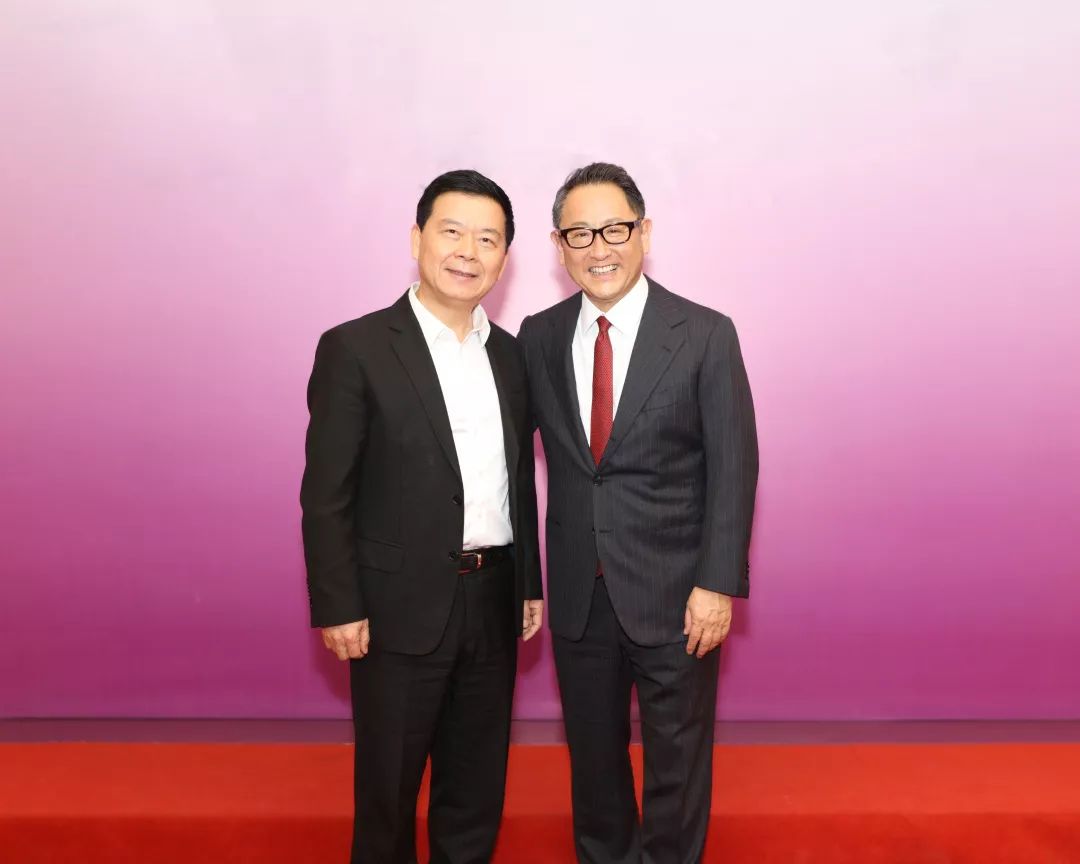
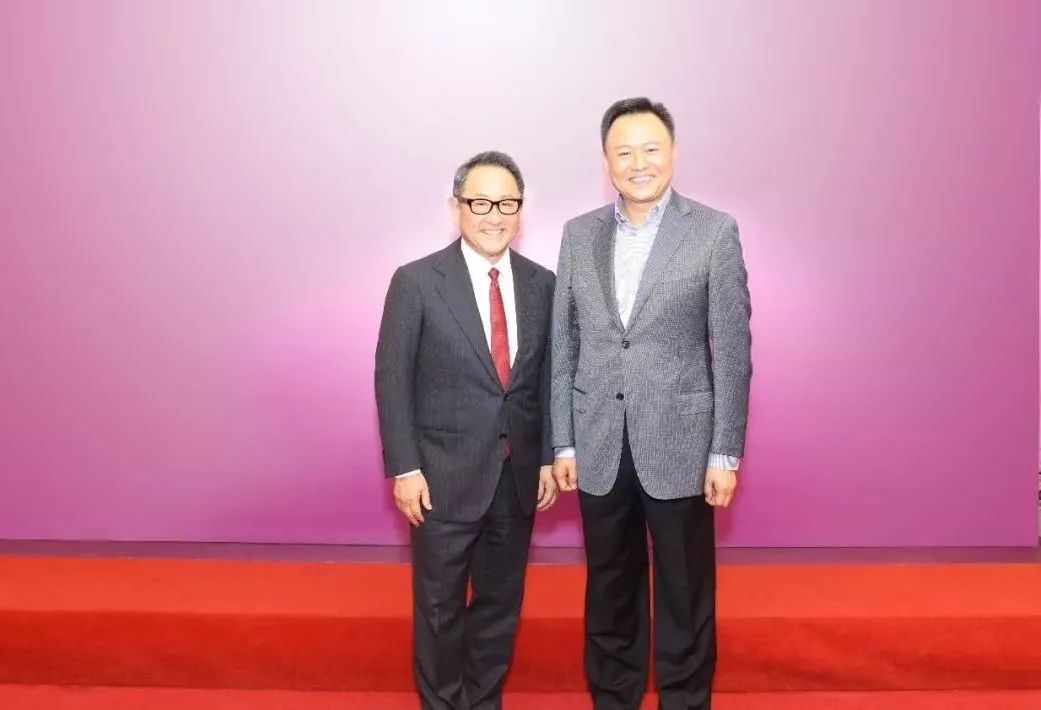
In fact, Toyota has reached technical cooperation on fuel cells with Chinese companies such as BAIC Foton, FAW and Suzhou Jinlong this year, and Toyota provides partners with key components of hydrogen fuel cells.
Earlier, in October 2017, Toyota built a test hydrogen station, TMEC Changshu, in Changshu, Jiangsu province, to explore the possibility of introducing hydrogen-fueled vehicles to China.
Toyota believes that hydrogen fuel cells will play a greater role in popularizing electric vehicles, a move that will contribute to the rapid popularization of fuel cell technology in China.
Toyota's mass-produced MIRAI, the world's first hydrogen fuel cell vehicle, was released in December 2014 and has been produced by "hand-made" method, but it has been in low production and sales due to high cost, construction and cost of hydrogen filling stations, and difficulty in marketing. At the recent 2019 Tokyo Motor Show, Toyota unveiled a second-generation MIRAI with a mileage of 644km and is scheduled to go on sale by the end of 2020.
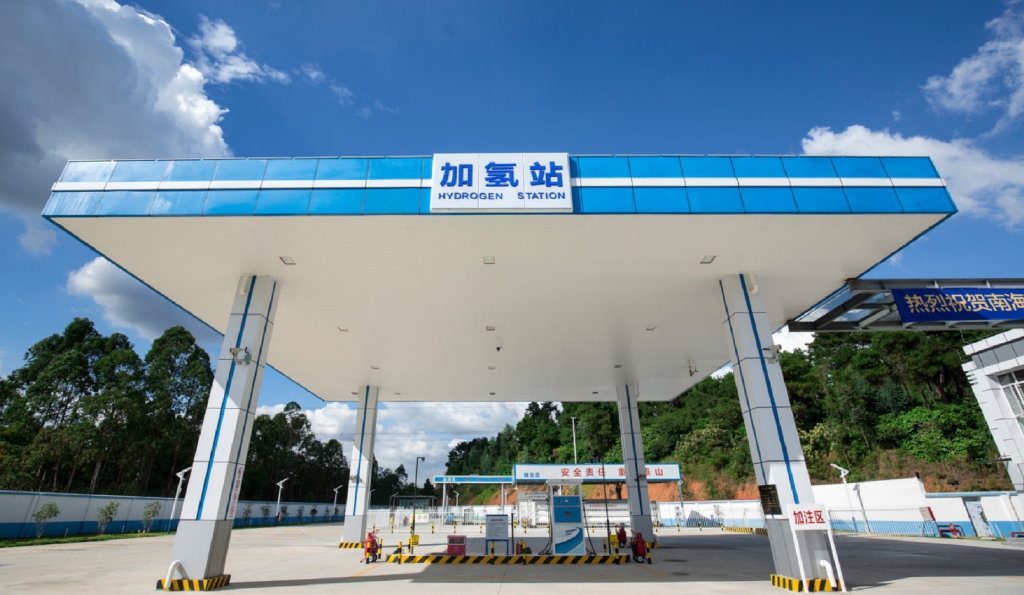
In the Chinese market, new energy vehicles include pure electric, plug-in hybrid and hydrogen fuel cells. all three power technologies can receive domestic subsidies, but only hydrogen fuel cell vehicles have been "ignored". So far, the foundation of hydrogen fuel cell vehicle industry is very weak, the cost is still high, and no breakthrough has been made. At present, many independent automobile companies, including Great Wall Automobile, Chery Automobile, BAIC Foton and so on, are involved in the technical research and mass production of fuel cell vehicles.
In terms of industry, at the end of September this year, Lingang Group and other enterprises signed a strategic cooperation agreement on hydrogen Industrial Park in Shanghai Lingang, planning to establish hydrogen energy and fuel cell industry ecology such as hydrogen production, hydrogenation, fuel cell key components, demonstration operation, and so on. The industrial park will be located in Lingang, a free trade pilot zone in China (Shanghai), with a planned investment of 10 billion yuan. In addition, Nanhai District of Foshan, Guangdong Province, is an early area to develop hydrogen energy industry in China. It plans to build about 20 hydrogenation stations by 2020, as well as hydrogen production plants.
Fuel cell vehicles can achieve zero emissions, which is better than pure electric vehicles in terms of convenience, but the industry can not develop effectively due to many factors, such as cost, difficulty of market promotion and so on. Toyota has stepped up its efforts to introduce technology, perhaps taking a fancy to the vacillating tuyere of new energy vehicle technology, pushing fuel cell technology to a stage where mass production can be achieved.
Welcome to subscribe to the WeChat public account "Automotive Industry Focus" to get the first-hand insider information on the automotive industry and talk about things in the automotive circle. Welcome to break the news! WeChat ID autoWechat
Views: 0
*The comments in the above article only represent the author's personal views and do not represent the views and positions of this website. If you have more insights, please feel free to contribute and share.









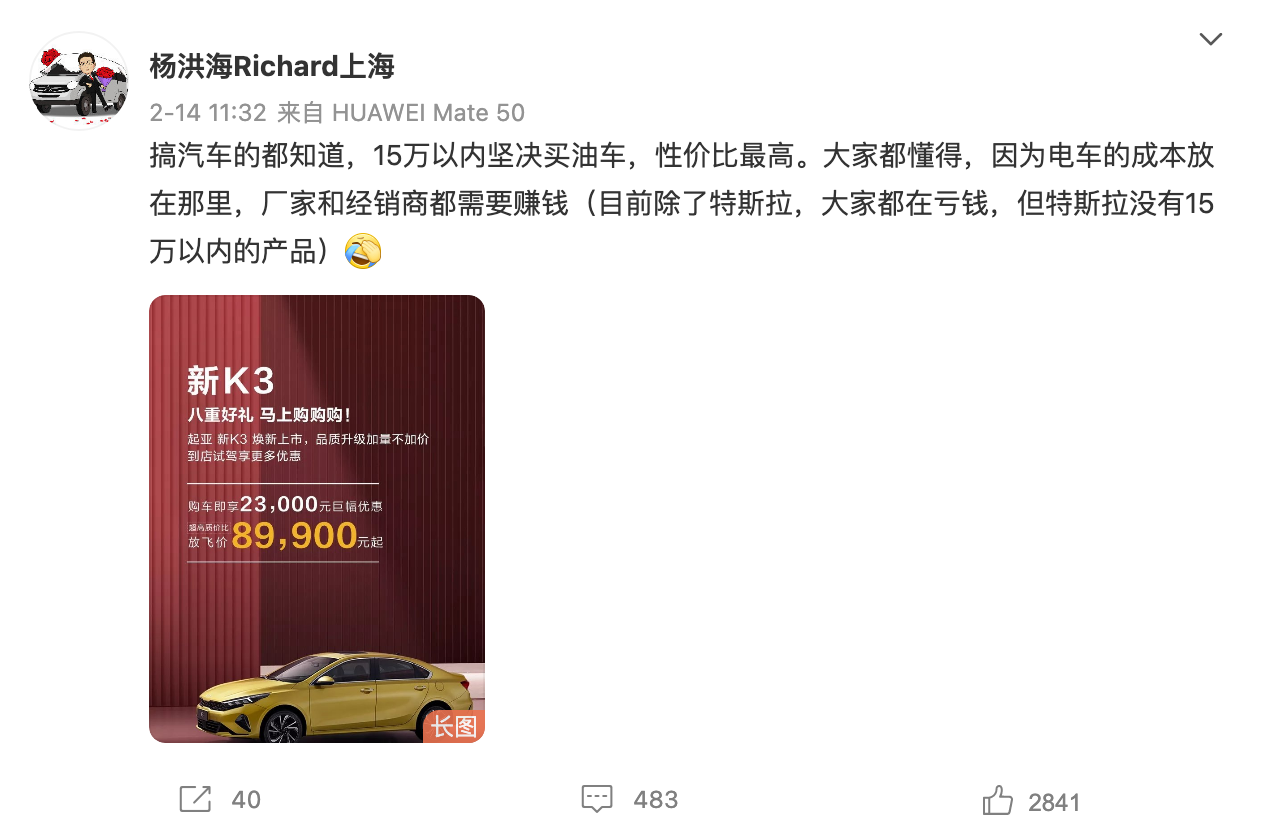

© 2024 AutoBeta.Net Tiger Media Company. All rights reserved.